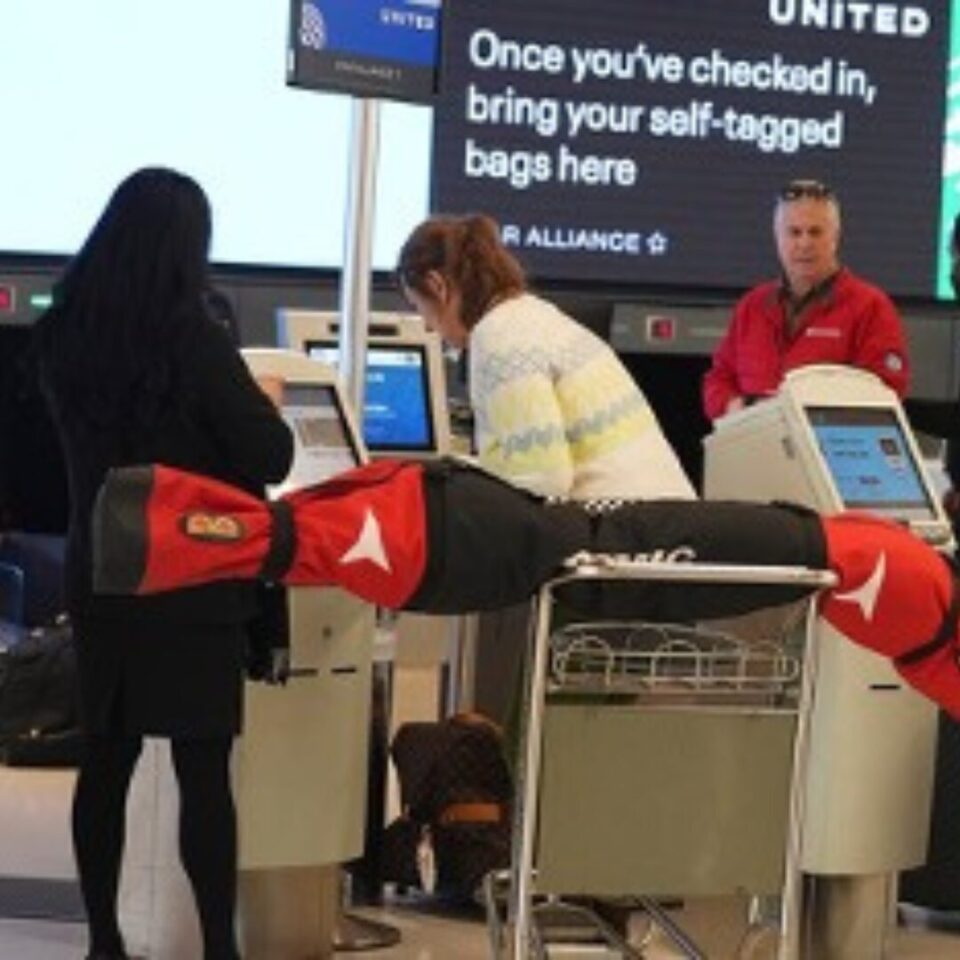What International Patient Navigation Really Looks Like: Beyond Referrals
Discover how International Patient Navigation offers multilingual, cultural, and system-specific support beyond referrals.

Globalization has transformed healthcare access. More patients are seeking treatment abroad—driven by costs, quality, or specialized procedures.
But choosing a hospital overseas isn’t as simple as booking a flight and scheduling surgery. Behind the scenes, a crucial role exists: International Patient Navigation. Far beyond simply offering referrals, this profession embodies cultural sensitivity, logistical orchestration, and deep systemic expertise.
Understanding International Patient Navigation
International Patient Navigation (IPN) is a specialized service that guides patients through the entire process of seeking healthcare outside their home country. Unlike local patient advocates, IPNs are trained to work across borders, languages, health systems, and cultures.
Multilingual Communication: The First Bridge
One of the cornerstones of effective international navigation is language fluency. Most international navigators are polyglots or work with translation experts. This ensures:
- Medical histories are accurately conveyed
- Patients understand diagnoses and treatments
- No details are lost in translation
Navigators are also trained in medical terminology in multiple languages, allowing seamless communication between international providers and patients.
Cultural Mediation and Sensitivity
Each culture views health, illness, and healing differently. A good navigator helps bridge these gaps:
- Explaining Western medical practices to patients from Eastern or indigenous cultures
- Mediating modesty or gender-specific concerns in clinical settings
- Navigating faith-based objections to treatments (e.g., blood transfusions, end-of-life care)
This cultural intelligence ensures patients feel respected and safe during treatment.
Healthcare System Navigation: Not All Systems Are Alike
Every country has its own healthcare rules. Some require referrals, others operate on out-of-pocket payment. A skilled navigator knows:
- Which hospitals are internationally accredited
- How to get cost estimates, itemized bills, and insurance approvals
- When pre-approval or medical visas are needed
For example, navigating Germany’s strict medical assistance protocols is vastly different from accessing care in Thailand’s private sector.
Financial Coordination and Transparency
Navigators don’t just focus on logistics—they handle money matters too:
- Estimating total treatment costs including travel and accommodations
- Assisting with cross-border insurance claims
- Advising on medical loan options or charitable grants
This financial transparency prevents surprise bills and promotes informed choices.
Travel & Accommodation Logistics
Beyond medicine, there are dozens of details a patient can’t afford to overlook. Navigators coordinate:
- Medical visas, embassy paperwork, and documentation
- Travel-safe medical records and prescriptions
- Accommodations near hospitals, including patient-friendly lodging
- Return-to-home transport after major procedures
In-Hospital Advocacy & Follow-Up
During treatment, IPNs often serve as on-site patient advocates:
- Attending consultations
- Taking notes and asking questions on behalf of the patient
- Ensuring care plans are understood and followed
After discharge, navigators stay involved:
- Scheduling follow-up appointments
- Coordinating with home country doctors
- Monitoring recovery and sending updates
Telemedicine Integration
Many IPNs now include telemedicine as part of the pathway:
- Initial remote consultations with specialists
- Post-treatment virtual follow-ups
- Second opinions before committing to travel
This hybrid approach increases access and reduces unnecessary travel.
Legal and Ethical Considerations
Navigators also ensure patients are informed of legal aspects:
- Consent forms in native languages
- Medical tourism legal rights
- Ethical issues (e.g., transplant eligibility, surrogacy laws)
This layer of protection is essential when navigating unfamiliar legal systems.
Country-Specific Navigation Examples
- Japan: IPNs must coordinate through tightly scheduled systems; doctors expect punctual, precise documentation.
- Turkey: Navigators leverage bilingual expertise to help patients access cosmetic and orthopedic procedures affordably.
- USA: High costs and fragmented systems make insurance guidance critical. HIPAA compliance is a top concern.
Multilingual Tools and Resources
Modern IPNs utilize:
- Translation apps and certified interpreters
- Medical record platforms with multilingual support
- Culturally adaptive intake forms
This toolkit empowers more accurate and respectful care.
Ethical Referral Practices
Quality navigators do not receive commissions from hospitals. Ethical navigation focuses on patient needs, not financial incentives. Trustworthy organizations offer:
- Transparent pricing
- Unbiased referrals
- Detailed hospital reports
Challenges Faced by International Patient Navigators
- Political restrictions (visa bans, war zones)
- Emergency medical evacuations
- Limited treatment options due to rare conditions
- Miscommunication risks
- Burnout from 24/7 availability
Conclusion: More Than a Referral – A Lifeline
International Patient Navigation is the unsung hero of global healthcare. It goes far beyond giving you a list of doctors—it’s about understanding your culture, protecting your dignity, translating your needs, and ensuring your health journey is smooth and safe. As healthcare becomes more global, IPNs are not a luxury—they are essential.
For patients navigating unfamiliar health systems abroad, international navigators offer more than guidance. They offer peace of mind.
FAQs
How do I find a reputable International Patient Navigator?
Look for navigators certified by recognized global health associations or affiliated with major hospitals. Ask for testimonials and ensure no referral commission is involved.
Can I use my local insurance for treatment abroad?
It depends on your provider. Many insurers require pre-approval and will reimburse only certain hospitals. A navigator can help process claims and identify covered facilities.
What if I need emergency care while abroad?
Navigators can coordinate emergency airlifts, rapid specialist appointments, and even embassy intervention in some cases.




